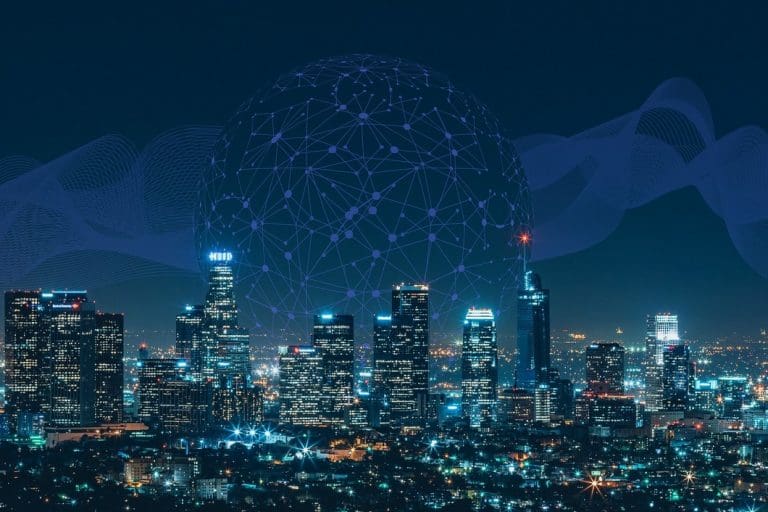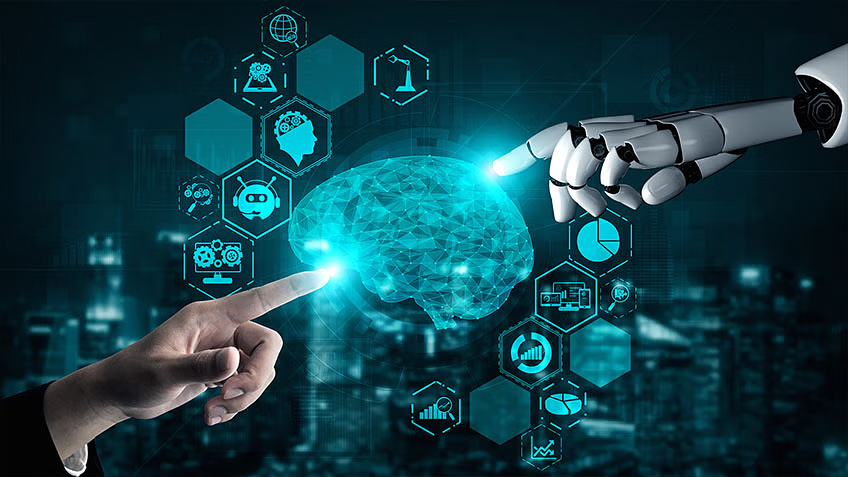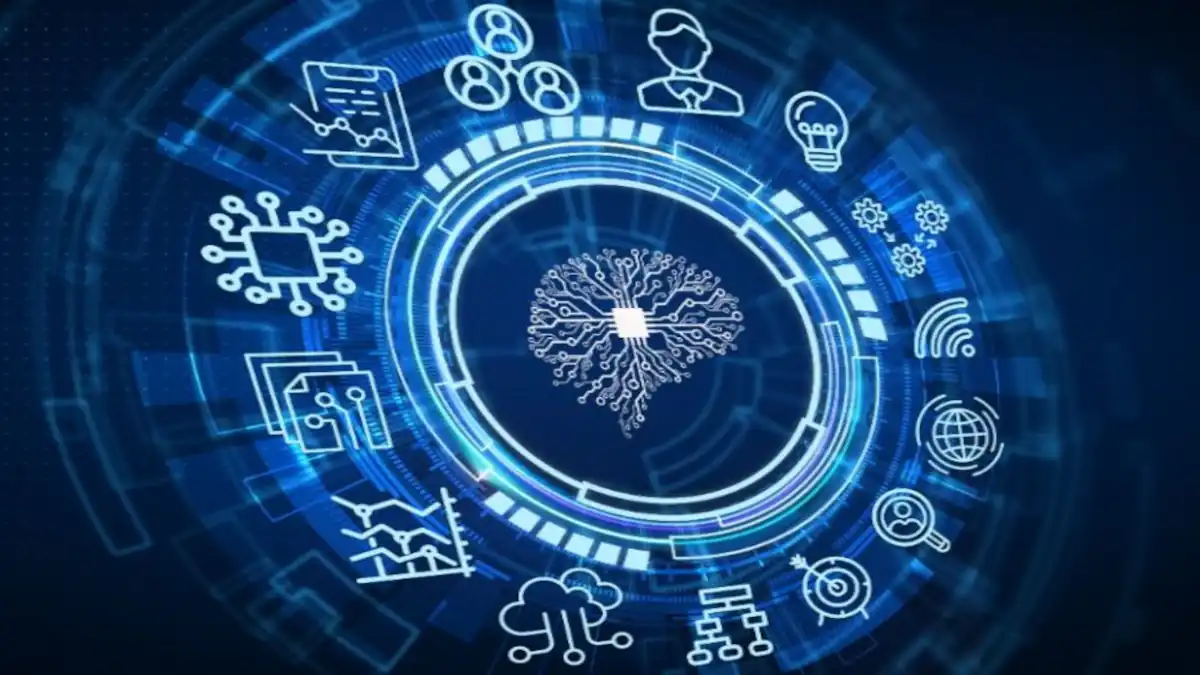Deep learning, with its profound impact and exponential growth, continues to revolutionize various sectors, opening up new horizons and redefining the boundaries of innovation. As we delve deeper into its intricacies and potential, we uncover further nuances and visionary applications.
Expanding Frontiers
- Human-AI Collaboration:
- Collaborative Workspaces: AI-driven tools facilitate seamless collaboration between humans and machines in professional environments. These tools enhance productivity by automating repetitive tasks, providing data-driven insights, and enabling creative problem-solving.
- Decision Support Systems: AI systems assist in decision-making processes by analyzing vast datasets, identifying patterns, and suggesting optimal solutions. This is particularly valuable in fields such as finance, healthcare, and logistics, where timely and accurate decisions are crucial.
- AI in Scientific Research:
- Accelerating Discoveries: AI accelerates scientific discoveries by analyzing complex datasets, simulating experiments, and identifying potential research avenues. This leads to faster breakthroughs in fields such as drug discovery, materials science, and environmental research.
- Interdisciplinary Research: AI fosters interdisciplinary collaboration by integrating knowledge from various fields, enabling researchers to address complex, multifaceted problems with holistic approaches.
- Cognitive Computing:
- Understanding Human Cognition: Cognitive computing models simulate human thought processes, enabling machines to understand and interpret complex concepts, emotions, and intentions. This paves the way for more intuitive and human-like interactions with AI systems.
- AI Therapies: Cognitive computing powers AI-driven therapeutic interventions for mental health, providing personalized and context-aware support to individuals, enhancing emotional well-being.
- AI in Environmental Sustainability:
- Climate Modeling: AI models simulate and predict climate patterns, helping scientists understand the impact of human activities on the environment and devise effective mitigation strategies.
- Resource Management: AI optimizes the management of natural resources, from water and energy to forests and fisheries, ensuring sustainable use and conservation.
Deep Learning in Action
- Telecommunication and Connectivity:
- Network Optimization: AI enhances the efficiency and reliability of telecommunication networks by predicting demand, optimizing bandwidth allocation, and managing traffic. This ensures better connectivity and service quality.
- 5G and Beyond: Deep learning plays a pivotal role in the deployment and optimization of 5G networks, enabling faster and more reliable communication, which is crucial for applications like IoT and autonomous vehicles.
- Entertainment and Media:
- Content Creation: AI-generated content, from music and art to news articles and scripts, is becoming increasingly sophisticated, providing new forms of entertainment and creative expression.
- Personalized Experiences: AI algorithms analyze user preferences and behavior to deliver personalized content recommendations, enhancing user engagement and satisfaction.
- Education and Skill Development:
- Intelligent Tutoring Systems: AI-driven tutoring systems provide personalized feedback and guidance to students, adapting to their learning styles and progress. This fosters a more engaging and effective learning experience.
- Skill Development: AI identifies skill gaps and recommends personalized training programs, helping individuals stay competitive in the job market and adapt to the evolving demands of the workforce.
- Public Safety and Security:
- Predictive Policing: AI analyzes crime data to predict potential criminal activities, enabling law enforcement agencies to allocate resources more effectively and prevent crimes.
- Cybersecurity: AI models detect and respond to cyber threats in real-time, protecting sensitive information and critical infrastructure from malicious attacks.
Future Visions
- AI in Space Exploration:
- Interplanetary Missions: AI assists in planning and executing interplanetary missions, from navigating spacecraft to analyzing data from distant planets and moons. This accelerates the pace of space exploration and enhances our understanding of the universe.
- Space Habitats: AI manages life support systems, resource allocation, and habitat maintenance in space colonies, ensuring the safety and well-being of astronauts.
- AI in Autonomous Systems:
- Robotic Companions: AI-driven robots provide companionship, assistance, and support to individuals, particularly the elderly and those with disabilities. These robots enhance quality of life by offering physical and emotional support.
- Smart Infrastructure: AI-powered infrastructure systems manage urban environments, from traffic and energy to water and waste, creating more sustainable and efficient cities.
- AI in Creativity and Art:
- AI Musicians and Artists: AI-generated music, art, and literature push the boundaries of creative expression, creating new genres and styles that blend human creativity with machine intelligence.
- Interactive Art: AI enables interactive art installations and experiences, where audiences can engage with and influence the creative process in real-time.
- AI for Global Challenges:
- Pandemic Response: AI models analyze epidemiological data to predict outbreaks, track disease spread, and develop effective response strategies, aiding in the management of global health crises.
- Sustainable Development: AI supports the achievement of the United Nations Sustainable Development Goals (SDGs) by optimizing resource use, enhancing agricultural productivity, and promoting clean energy solutions.
Ethical and Societal Dimensions
- AI and Workforce Transformation:
- Reskilling Initiatives: As AI automates various tasks, reskilling and upskilling programs are essential to prepare the workforce for new roles and opportunities in an AI-driven economy.
- Job Creation: AI also creates new job opportunities in fields such as AI development, data science, and technology management, contributing to economic growth and innovation.
- AI in Governance and Public Policy:
- Policy Formulation: AI assists policymakers in analyzing complex datasets, modeling policy outcomes, and making informed decisions. This leads to more effective and data-driven governance.
- Transparency and Accountability: Ensuring transparency and accountability in AI systems is crucial for maintaining public trust and preventing misuse of technology.
- AI Ethics and Inclusivity:
- Bias Mitigation: Addressing and mitigating biases in AI systems is critical for ensuring fairness and equity. This involves diverse data representation, inclusive algorithm design, and continuous monitoring.
- Inclusivity: Developing AI systems that cater to diverse populations and consider different cultural, social, and economic contexts promotes inclusivity and equity.
- Sustainable AI Development:
- Energy Efficiency: Developing energy-efficient AI models and infrastructure is crucial for minimizing the environmental impact of AI technologies and promoting sustainable development.
- Ethical Innovation: Promoting ethical innovation ensures that AI technologies align with human values and contribute positively to society.
Conclusion
The journey of deep learning is marked by continuous innovation and exploration, with each advancement unlocking new possibilities and addressing critical global challenges. As we expand the frontiers of AI, the integration of deep learning into various sectors—from healthcare and finance to education and space exploration—demonstrates its transformative potential.
Emerging trends such as edge AI, explainable AI, and cognitive computing highlight the dynamic nature of this field, while visionary applications in autonomous systems, creativity, and global challenges paint an exciting picture of the future. However, as we harness the power of deep learning, it is essential to address ethical and societal considerations, ensuring that AI development is responsible, inclusive, and sustainable.
By embracing the potential of deep learning and navigating its complexities with ethical foresight, we can create a smarter, more equitable, and sustainable world. The future of deep learning is a canvas of limitless possibilities, where technology and humanity coalesce to drive progress, innovation, and societal well-being.



